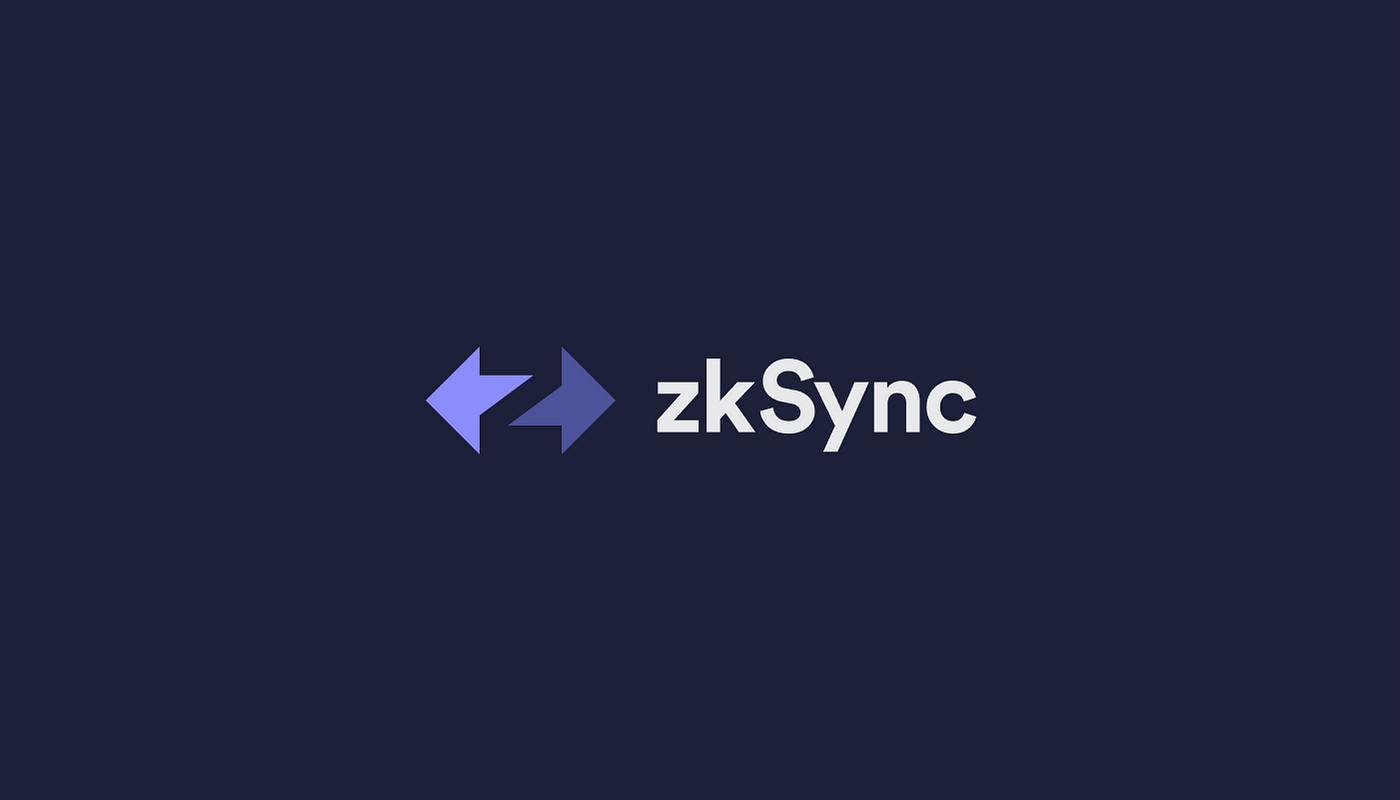Zero-Knowledge Proofs: Verifying Information Without Revealing Everything?

Zero-knowledge proofs (ZKPs) are a cryptographic technique that allows someone (the prover) to convince another person (the verifier) that they possess a certain piece of information without actually revealing the information itself.
Think of it like this: you need to prove you’re over 21 to enter a bar. With ZKPs, you wouldn’t have to show your entire ID; instead, you could use a special system to demonstrate to the bouncer that your birthdate qualifies you without revealing the exact year. The bouncer gains the confidence they need (verifies you’re of age) while your personal details (birth year) remain private.
Here’s a breakdown of the key roles:
- Prover: The one who possesses the secret information and wants to convince someone of it.
- Verifier: The one who needs to be convinced that the prover has the information.
How ZKPs Work:
The exact details of how ZKPs work can get technical, but the basic idea is that the prover and verifier engage in a kind of interactive challenge-response process. The verifier throws challenges at the prover, and the prover must respond in a way that proves they have the information without ever directly revealing it. It’s like a complex handshake where only someone with the “secret handshake” can respond correctly.
Benefits of ZKPs:
- Privacy: Sensitive data can be kept confidential while still allowing verification of its validity.
- Efficiency: ZKPs can speed up certain processes on blockchains by allowing for verification without needing to reveal all the details.
- Security: ZKPs add an extra layer of security by ensuring information is not directly exposed during verification.
Applications of ZKPs:
Zero-knowledge proofs have a wide range of potential applications, including:
- Blockchain technology: ZKPs can be used to improve privacy and scalability on blockchains.
- Digital identity: Users can prove their identity without revealing all their personal information.
- Secure computation: Complex calculations can be performed on encrypted data without compromising security.
In essence, ZKPs offer a way to strike a balance between verification and privacy in the digital world.
Why Zero-Knowledge Networks Are a Game Changer for dApps
Imagine building powerful decentralized applications (dApps) that rival traditional web applications in speed and functionality, all while keeping user data confidential and transactions lightning-fast. That’s the magic of zero-knowledge networks!
Here’s how zero-knowledge networks unlock a new era for dApps:
- Supercharged Security: They leverage the rock-solid security of existing blockchains like Ethereum, ensuring your dApp inherits its battle-tested foundation.
- Unleashing Scalability: Say goodbye to slow transactions and high fees! Zero-knowledge networks process transactions off-chain in batches, significantly boosting speed and lowering costs for users. User data stays hidden off-chain, further enhancing privacy.
- Building for the Future: With faster and cheaper transactions, developers can create complex dApps that compete with traditional web applications, attracting a wider audience. Decentralization’s benefits like transparency and censorship resistance remain intact.
Zero-Knowledge vs. Optimistic Rollups: A Friendly Competition
Optimistic rollups are another popular layer-2 scaling solution. While currently more widely used, zero-knowledge networks offer some key advantages:
- Instant Verification: Zero-knowledge solutions constantly verify transactions in batches, ensuring a valid state. Optimistic rollups only generate proofs when there’s a dispute, potentially leading to delays.
- Privacy Powerhouse: Zero-knowledge networks can prove a state’s validity without revealing the underlying data. This is a major win for enterprises considering blockchain adoption, as they can safeguard sensitive user information and trade secrets.
- Faster Withdrawals: Need your funds quickly? Zero-knowledge solutions allow withdrawals in minutes compared to the week-long wait with optimistic rollups.
The Future is Bright with Zero-Knowledge
While both zero-knowledge and optimistic rollups play a crucial role in scaling blockchain technology, zero-knowledge’s focus on constant verification, data privacy, and faster withdrawals makes it a compelling choice for building the next generation of powerful and user-friendly dApps. As technology advances, combining zero-knowledge rollups with off-chain data processing can further enhance efficiency without compromising privacy. This paves the way for wider blockchain adoption, especially within the enterprise world.
What is zkSync?
- Layer 2 Scaling: Blockchains, especially Ethereum, can struggle with high transaction volume, leading to slow processing and rising fees. zkSync operates on a separate layer (Layer 2) that “rolls up” many transactions into a single one before submitting it to the Ethereum mainnet (Layer 1). This significantly reduces processing load on Layer 1, enabling faster and cheaper transactions.
- Zero-Knowledge Proofs (ZKPs): zkSync utilizes zk-rollups, a specific type of rollup that employs zero-knowledge proofs. ZKPs allow zkSync to prove the validity of transactions on Layer 2 without revealing all the details. This maintains the security of the Ethereum mainnet while achieving scalability benefits.
Benefits of zkSync:
- Faster Transactions: By processing transactions off-chain on Layer 2, zkSync enables significantly faster transaction processing compared to the Ethereum mainnet.
- Lower Fees: Reduced processing load on Layer 1 translates to lower transaction fees for users on zkSync.
- Enhanced Scalability: zkSync’s architecture paves the way for handling a much higher volume of transactions compared to the base layer of Ethereum.
- Security Inherits from Ethereum: Since zkSync ultimately relies on the Ethereum mainnet for final settlement, it inherits the security and decentralization of Ethereum.
Applications of zkSync:
zkSync’s capabilities open doors for various applications within the Ethereum ecosystem, including:
- Decentralized Finance (DeFi): zkSync can facilitate faster and cheaper DeFi transactions, enabling users to engage in lending, borrowing, and other financial activities with lower fees.
- Non-Fungible Tokens (NFTs): Minting, trading, and managing NFTs can benefit from zkSync’s scalability and lower fees.
- Gaming: zkSync’s infrastructure can support the development of faster and more scalable blockchain games.
- Scalable dApps: Developers can build decentralized applications (dApps) on zkSync that leverage its performance and cost-efficiency.
- Enterprise Adoption: zkSync’s privacy-preserving features combined with scalability can make blockchain technology more attractive for businesses.
Current State of zkSync:
zkSync is still under development, but it has already launched its “baby alpha” mainnet, zkSync 2.0 (previously zkSync Era). This version introduces smart contract functionality and compatibility with popular programming languages like Solidity, expanding its potential applications.
Future of zkSync:
zkSync holds promise for becoming a major player in scaling the Ethereum ecosystem. As zkSync continues development and adoption grows, it could significantly improve the user experience for various blockchain applications by enabling faster, cheaper, and more secure transactions.
Links:
